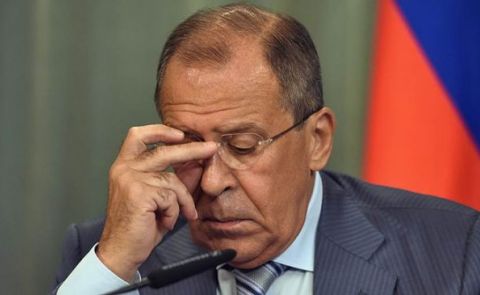
EU and UNICEF launch child protection program in Georgia

On 8 December, the European Union (EU) and the United Nations Children's Fund (UNICEF) launched a three-year joint project to support the protection of children’s rights in Georgia, reported agenda.ge.
The project aims to support the government in the implementation of the newly adopted Code on the Rights of the Child (Caucasus Watch reported). The project foresees the following: 1) strengthen legislation and policies to support closure or restructuring of specialised institutions and move children from these institutions to a family environment; 2) strengthen social services workforce at central and municipal levels to support and protect children and families; 3) develop needs-based social programmes and implement them at local municipalities' level; and 4) develop specific communication interventions will promote positive parenting to address violence against children.
In the justice sector the project will result in additional specialisation of criminal justice professionals (police, prosecutors, lawyers, judges) to work with child victims/witnesses of crime and those involved in cases of separation of children from their families. The total budget of the project is over €2 million.
The Georgian Code on the Rights of the Child covers all rights and freedoms of the child and provides stronger mechanisms for their protection and realisation. This includes a special focus on the rights to family, protection from all forms of violence, access to inclusive education and healthcare, social protection, and access to justice. It also addresses equity gaps in the realisation of all childhood rights and freedoms through an enhanced system for support and protection which considers the needs and circumstances of each child and their family. Finally, it introduces stronger mechanisms for state accountability for the realisation of childhood rights and freedoms by introducing a child rights impact assessment tool, interagency coordination, multidisciplinary cooperation, data collection and analysis for the development of evidence-based policy, and specialisation of professionals working with and for children.
See Also

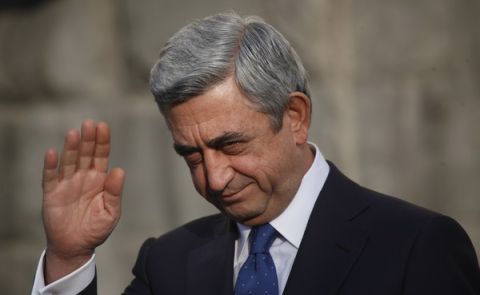
Serzh Sargsyan Rejects Charges, Backs Impeachment, and Warns of Secret Deals
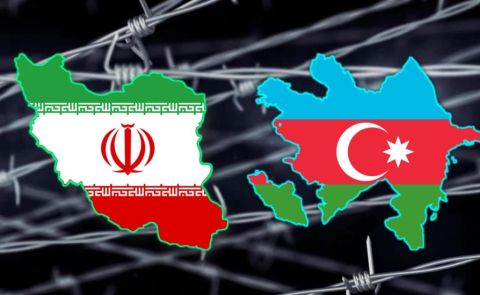
Azerbaijan Confirms Execution of Terrorist Behind Embassy Attack in Iran
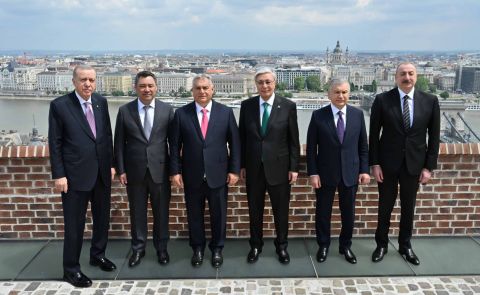
Turkic Leaders Adopt Budapest Declaration, Emphasizing Peace, Trade, and Digital Connectivity
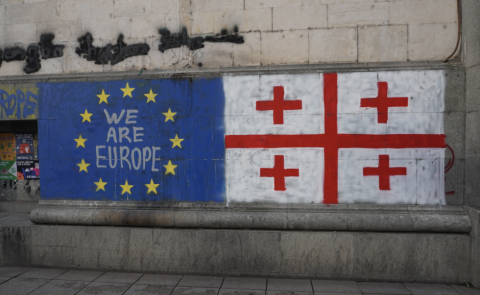
International Officials Criticize Georgian Dream Amid Democratic Concerns

